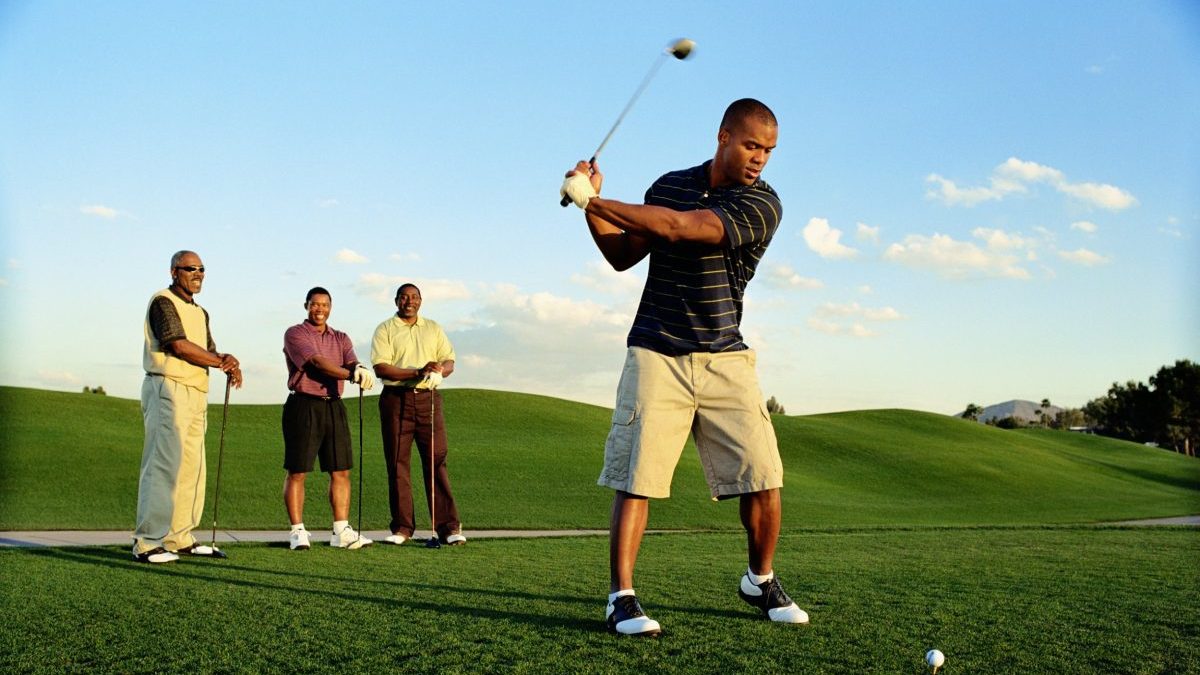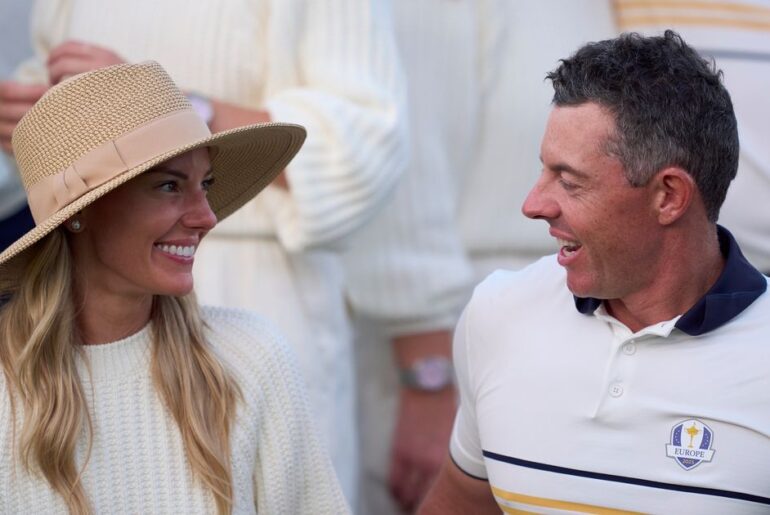Alongside video conferencing, lockdown puppies and box sets, one of the most remarkable features of our post-Covid lives has been the boom in golf.
To the uninitiated, understanding golf is like learning a foreign language – arcane, technical and with an idiom all of its own – yet the sport has undergone a spectacular renaissance in recent years, and, as the nation’s sporting attention turns to The Open Championship this week, it is a game no longer redolent of the middle classes and the middle aged.
It may be a step too far to claim that golf has become cool, but, in the years since 2020, it has opened itself up to a wider demographic and a much bigger audience, illustrated by the fact that, according to figures released by the sport’s governing body, participation is growing globally, with a 44 per cent increase in players since 2016. In England, the number of those playing regularly has risen from 763,000 in 2020 to a little more than a million in 2024.
It is not difficult to work out why: golf offers the opportunity for low-impact, outdoor exercise, mental refreshment and safe social interaction. It is also, as AA Milne observed, “the best game in the world at which to be bad”. Interestingly, its appeal has endured, and indeed grown, well beyond the days of Covid.
There are various reasons for this. It’s an impossible game to fully master, and the restless quest for perfection, or even improvement, is a principal factor in keeping many of us coming back for more. Even at my age, I’m driven by the wholly unrealistic ambition that one day I’m going to get better, while I know an 87-year-old who is still taking lessons in the hope of getting his handicap down.
For me, however, there is an attraction to golf that goes way beyond its somewhat esoteric sporting qualities. If it weren’t for golf, I wouldn’t see most of my friends. One of my regular playing partners is a titan of the entertainment industry, whose diary is packed with work commitments and business trips. If I suggested to him that he should carve out four hours or so in his schedule to spend time with me, having a five-mile walk while chatting about nothing in particular, he’d think I had taken leave of my senses. But if I venture a game of golf, he’s there in a shot.
My social life revolves almost exclusively around the golf course, and I’m never happier than when I’m surrounded by my friends, engaged in our common pursuit. I often wonder what my life would be like now if I’d never picked up golf all those many years ago. One thing is for sure: it has enabled me to withstand the “friendship recession” which has become an identifiable concern in modern times, one which appears to beset men of a certain age in particular.
A Harvard report this year stated that the number of adults in the US who say they do not have close friends has quadrupled since 1990, while those with 10 or more close friends decreased by 20 per cent during the same period. Globally, the human race has become more atomised, and the rise of social media, digital-only friendships and working from home has exacerbated that. There has been a generational movement towards individual endeavours, and while, in one sense, we have never been more connected, we engage in fewer communal activities.
Forming close friendships requires vulnerability, and you don’t have to deal in gender stereotypes to understand why this cultural shift affects the male of the species disproportionately. Putting the idiosyncrasies of my golf swing in front of others is about as much vulnerability as I’m prepared to reveal.
I find that golf is a guilt-free way to spend me-time, and I can only speak for myself in recognising that, uniquely, it gives me the chance for companionship, exercise and a tiny modicum of sporting achievement until relatively late in life. In record numbers, others are finding the same.
For the devoted, this week’s Open promises high drama and exciting storylines. Non-golfers may be watching and wondering what the appeal of this long-winded, complex game might be. Consider instead its contribution to social cohesion, public health and your correspondent’s mental equanimity.







